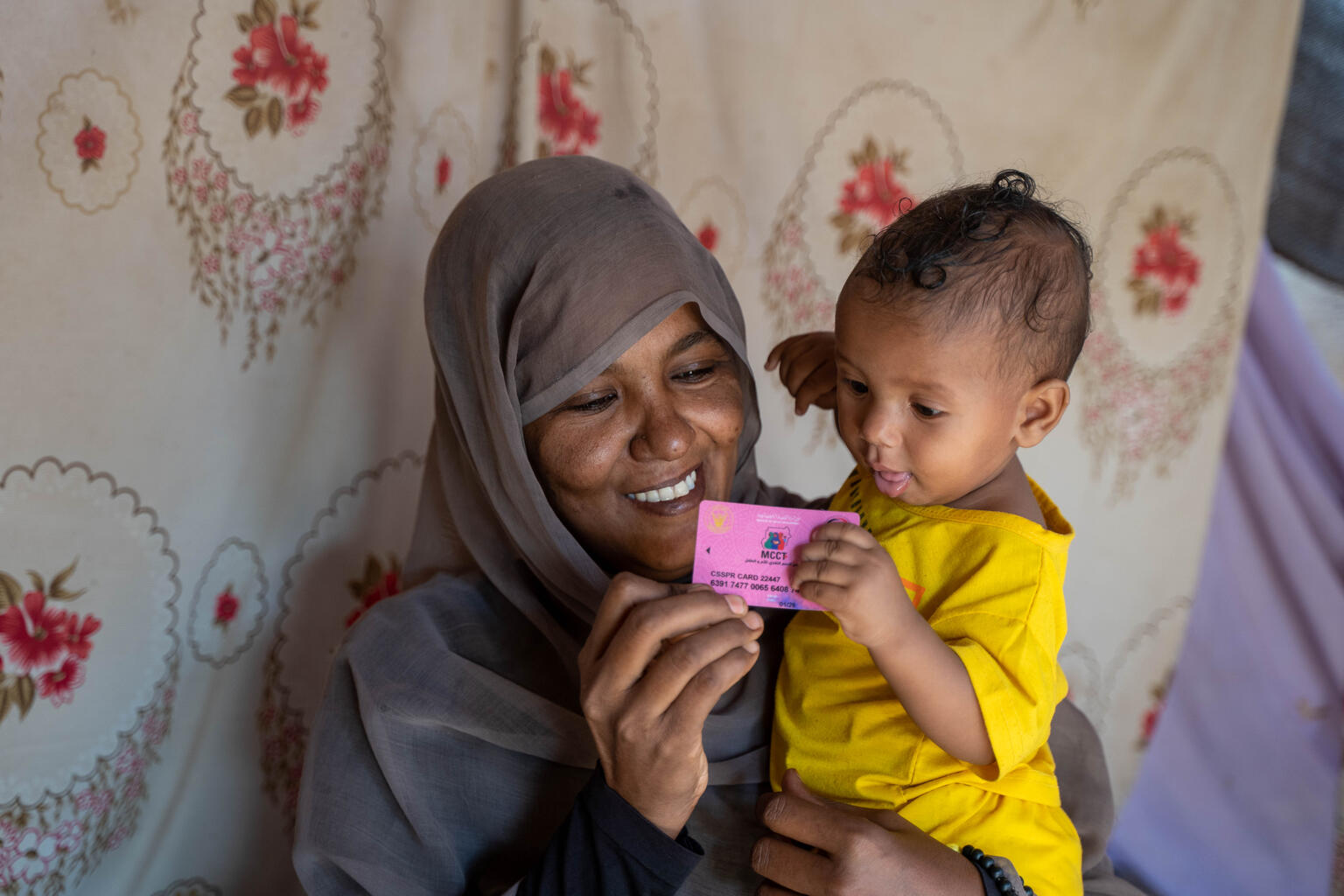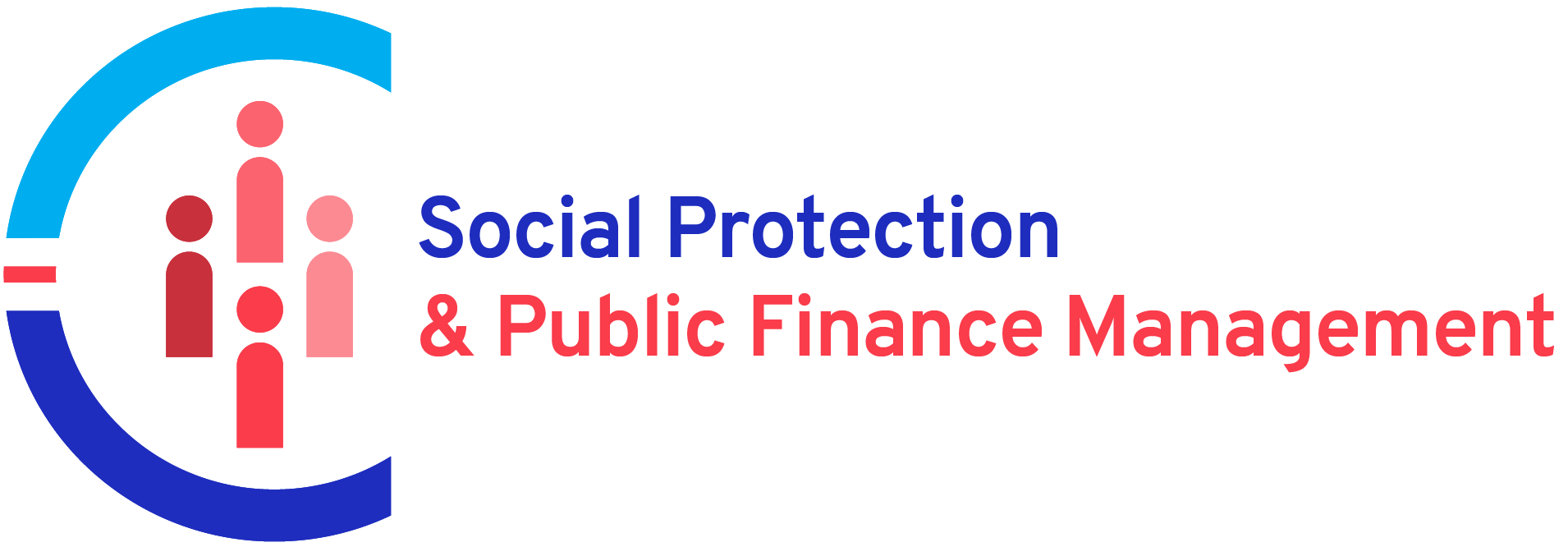USP2030 & SP&PFM technical exchange on the extension of social protection to workers in the informal economy

A total of 2 billion workers – 61.2 per cent of the world’s employed population – are in informal employment. Those workers face decent work deficits, and particularly, lack social protection. Most of them are among the 4.1 billion people who do not have any access to social protection or are inadequately protected. The COVID-19 crisis highlighted again their high vulnerability and exclusion from social protection systems. The extension of coverage to those in the informal economy contributes to improving living and working conditions for those in the informal economy and to the formalization of employment. The formalization of enterprises and employment is also at the core of the strategy for increasing social protection financing through social contributions and a broadened tax base.
This Technical Exchange aims to offer an opportunity and platform for interactions between practitioners and experts on key policy orientations for the extension of coverage to workers in the informal economy to achieve universal social protection; and related experiences and lessons learnt in the design and implementation of strategies and measures for this extension.
As such, the agenda is structured around key topics and policy measures with regard to 1) designing strategies for the extension of coverage and 2) lifting barriers to the extension of coverage by adapting the regulatory frameworks, administration and financing arrangements and communication strategies of social protection schemes and systems. This will be complemented by topics of particular relevance to the current context, including lessons emerging from SP interventions supported as a response to COVID-19 and interventions to extend coverage to selected categories of workers such as the self-employed. Register now.

The Social Protection & Public Finance Management Programme (SP&PFM Programme) supports countries in extending coverage to all, through adapted social insurance schemes, non-contributory schemes (usually tax-financed) or a combination of both. It is implemented jointly by the ILO, UNICEF and the Global Coalition for Social Protection Floors (GCSPF) and financed by the European Union.

The Global Partnership for Universal Social Protection to Achieve the Sustainable Development Goals (USP2030) was initiated in 2016 by the World Bank and the ILO to transform the SDG Agenda’s vision of universal social protection into reality. USP2030 has grown into a worldwide alliance which for the first time brings together governments, international and regional organisations, social partners and civil society organisations in a shared commitment towards ensuring social protection for all.
Read their blog post on the event here.
